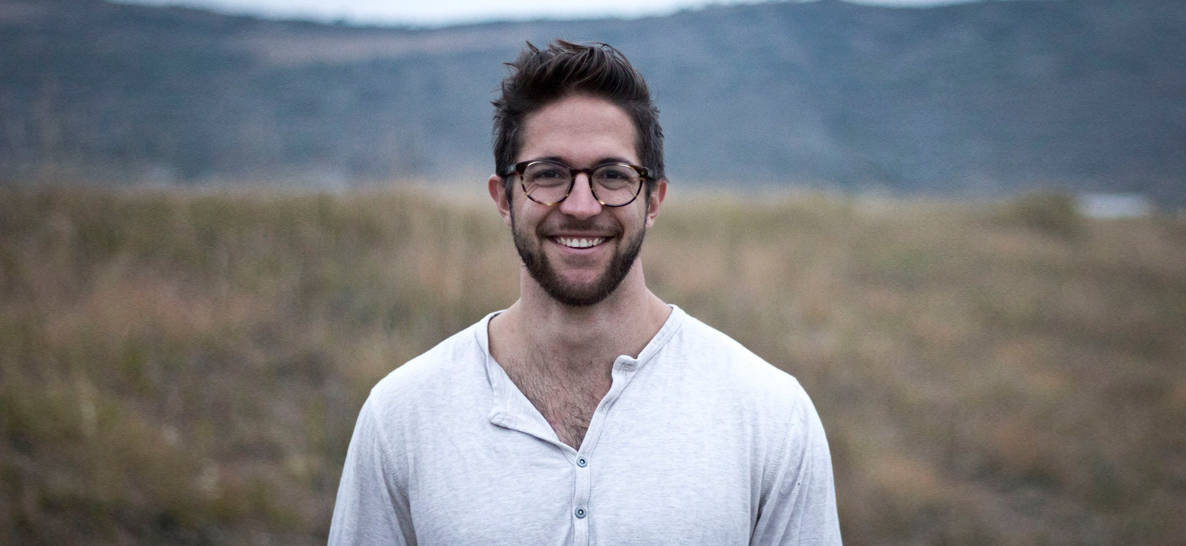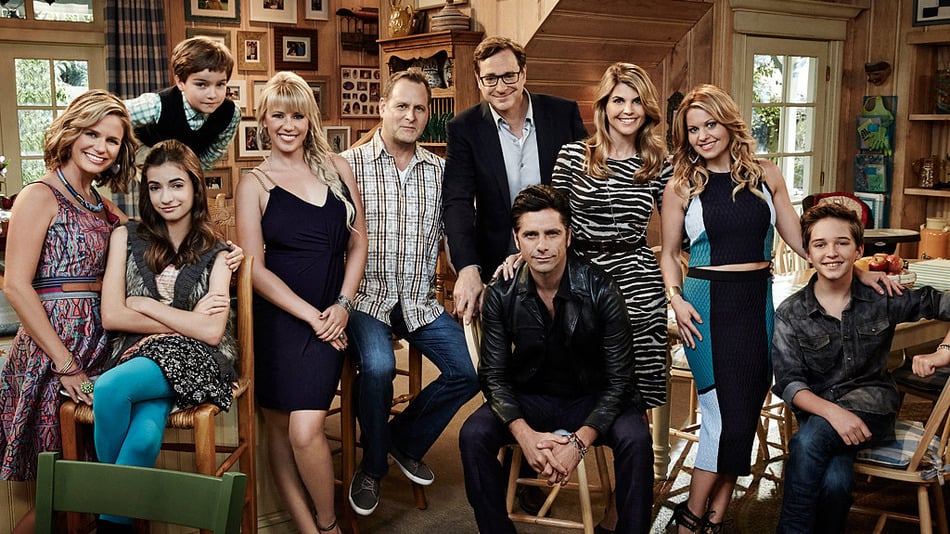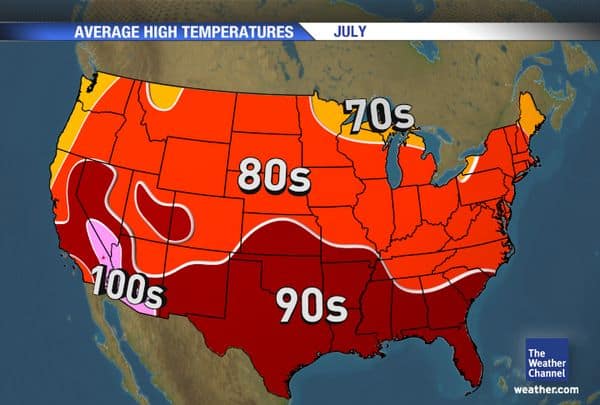
MTV called my 5-mile run “the jog seen ‘round the world.” By the time I got back, the video had already been viewed over 24,000 times. My friends and I went to sushi and watched on our phones as the count rose by the tens of thousands.
Before long, my phone was buzzing with interview requests, Facebook marriage proposals and thousands of social media followers.
It soon felt like little burglars were running through the halls of my cyber house, scouring the web for all they could find about this new viral sensation. Every picture on my Facebook was ripped and reposted on dozens of websites; every tweet I had posted weighed on some subjective scale of judgement.
The pressure to measure up is tremendous.
It is at once jarring and flattering to have thousands of people commenting on my videos and photos, almost all of whom have never met me. To watch people speculate about my sexual orientation, grooming habits, religious views, preferences in women, and every other possible topic. I almost wanted to reply to every comment, correcting their mistakes and assumptions and thanking them for the compliments.
Then the rumors came out, declaring my friends and I bigoted homophobes for operating an outreach ministry in a gay neighborhood. (We actually worked all over Chicagoland and one neighborhood happened to be Boystown.) This kindling fueled the fires of hundreds of angry responses, heaping hate on me—who they had never met—all thanks to some spotty journalism.
Since the night my run was captured on the news and distributed around the Internet, I have been hit on by the reporter from TIME magazine, named “The Sexiest Man on Earth” by CBS, and featured on many other major news sources. Nervous admirers and sheepish husbands (“It’s for my wife”) approach me for pictures. I have been invited to lead a Bible study that Justin Bieber and the Kardashians sometimes attend. I was offered my own TV show and nominated for The Bachelor.
From an outside perspective, it would certainly seem like I was on top of the world. And it certainly was fun for a while.
But while I became Internet famous, but what I did not become was known.
Humans have this innate desire for fame and recognition. We crave an endless amount of fawning and attention, and in this digital age, where “likes” are the measure of our worth, this is exponentially more true.
Receiving a sudden flood of attention reminded me that our desire for these things is misplaced, though. The masses were in love with me, but I still felt empty. It turned out that Ecclesiastes 1:8 was right; the eye never has its fill of seeing, nor the ear its fill of hearing, nor the Twitter its fill of retweets.
Donald Fairbairn once wrote that the most “insidious effect” of America’s celebrity culture is its “constant, subliminal message that we are not really important.” If celebrities are the gods of the modern age, what does that make the rest of us “normal” people? We take selfies with the famous to attach ourselves to something of significance—someone who will let us feel like we have meaning.
Perhaps what we really crave, more than praise from ten thousand mouths, is intimacy—truly being known.
Yes, millions of people in the world now know my name, but they don’t know me. They don’t know what makes me laugh. We don’t have inside jokes, or a history of crazy stories together. They’ve never held me when I cried, and they certainly don’t know if I’m worth marrying.
No amount of media attention or Instagram followers will ever fill this void within us to be known and appreciated. The Bible tells us about the incredible nearness of God to His people. He knows us better than we know ourselves.
In fact, the Bible says the relationship of God to His people is like that of a husband to a wife. No amount of Insta-fame could compare to this sort of intimate knowledge. Our hearts pine to be known in ways that can’t be displayed in an interview or a social media profile.
Rather than attaching ourselves to celebrities, we should attach ourselves to the One who truly is significant, who truly is glorious, and who knows us with a kind of intimacy that frees us from our soul’s desire for fame.
Unsurprisingly, Tim Keller puts it best:
We want someone of ultimate glory loving us. Not just love in general. What we need is this ultimate assurance of who we are, ultimate assurance of our worth. We need someone like that loving us like that. We need someone we think the world of thinking the world of us. We need the praise of the praiseworthy.
When we lock eyes with the one who created the very idea of “attention,” the obsessions of our own hearts are unbent from years of crooked crowd-seeking. “We love because he first loved us.” When we know what this means, we can focus on the people around us, rather than the distant A-listers.
Even when the attention from “going viral” recedes, I know I can focus on the Lord, who knows every one of us better than our best friends.






















